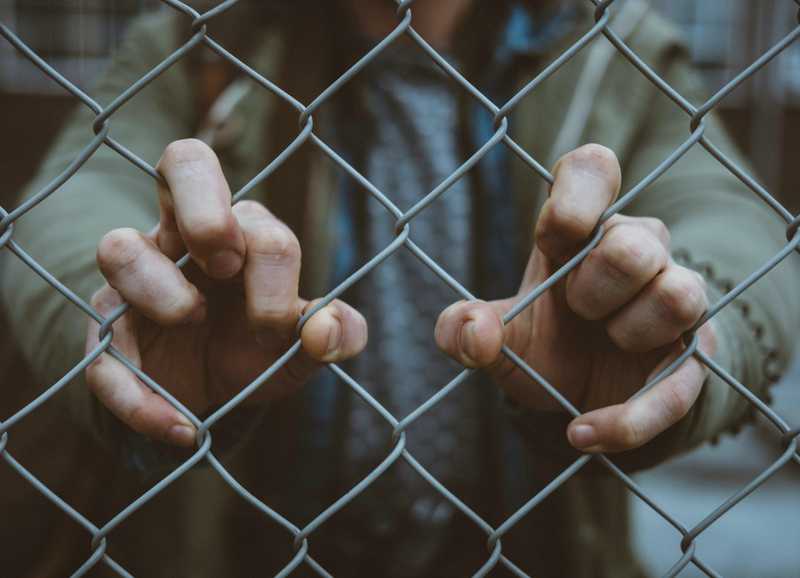Oct. 17, 2018 is the day that recreational marijuana finally becomes legal in Canada. That day represents a big step forward for social justice, but it won’t automatically undo the damage that nearly a century of marijuana prohibition has caused. The Cannabis Act, which is the law that will actually legalize marijuana, makes no mention of what will happen to the hundreds of thousands of Canadians who currently have a cannabis-related conviction on their criminal record. The federal government has also been noncommittal about what its amnesty plans are—if any.
Marijuana Remains Illegal Until Oct. 17, 2018
Ever since Prime Minister Justin Trudeau promised to end marijuana prohibition during the 2015 federal election, marijuana legalization in Canada has been a matter of when rather than if. The promise of legalization led many to think that authorities would relax the enforcement of marijuana crimes as legislators worked out the details of the Cannabis Act.
But arrests and convictions for marijuana offences still continue. While there have been fewer marijuana charges in recent years, there are still an alarmingly high number of people facing charges for crimes that police and courts know will soon be made legal.
In 2016 alone, for example, more than 17,700 people were charged with marijuana possession. They join about half a million other Canadians who already have marijuana-related convictions on their criminal records.
To be clear: Until Oct. 17, 2018, when the Cannabis Act goes into effect, Canadians can still be arrested and convicted for marijuana crimes.
Both the prime minister and Justice Minister Jody Wilson-Raybould have defended enforcing cannabis laws even while promising legalization. Trudeau has argued that the laws against marijuana need to be respected and enforced until the Cannabis Act goes into effect.
Trudeau has maintained this position even after he admitted to smoking marijuana while he was a member of Parliament. He has also acknowledged that his family connections helped his late younger brother, Michel, avoid marijuana possession charges.
Trudeau disclosed details of his brother’s drug arrest—and how those charges were dropped—to highlight how marijuana laws are unevenly enforced and tend to favour rich, white Canadians over indigenous, black and poor Canadians. That understanding makes his refusal to clearly endorse amnesty all the more curious.
Lack of Clarity on Marijuana Amnesty
The question that everybody who currently has a marijuana criminal record wants to know is: Will they receive amnesty? The answer is: No one seems to know. The Cannabis Act makes no mention of what will happen to those with previous marijuana-related convictions.
The federal government says it will only address the possibility of amnesty for marijuana crimes after legalization is in effect. Again, the reasoning is that until the Cannabis Act becomes law in October, current marijuana laws remain in effect. In the government view, any talk of an amnesty before that date is both premature and promotes a disregard for the current law.
However, such a justification doesn’t really explain why the government hasn’t at least offered some clarity about what it intends to do for those saddled with marijuana-related convictions. When California legalized recreational marijuana earlier this year, they also looked at the issue of people serving jail time for cannabis crimes. In many places in the state—San Francisco and San Diego, for example—the courts are proactively reviewing thousands of marijuana-related charges to see if they qualify for amnesty.
In other parts of California, those with cannabis crimes on their record may petition the court to have their record cleared. California’s example shows that legalization and amnesty can be achieved at the same time without people suddenly breaking the law en masse.
The Argument in Favour of Amnesty for Past Cannabis Crimes
For the more than 500,000 Canadians who currently have a cannabis-related conviction, this lack of clarity by the federal government is baffling. Any sort of criminal record, even if it’s for an offence that the federal government now acknowledges is unjust, presents a significant burden. Without amnesty, those with a marijuana conviction on their records face trouble crossing the U.S. border, getting a job, entering university and applying for a bank loan.
Enforcement of Canada’s marijuana laws also disproportionately affects minorities and low-income people. Marijuana consumption is the same among black and white Canadians, but African-Canadians are incarcerated for marijuana-related crimes at rates three times higher than the rest of the population are.
Amnesty for marijuana offences doesn’t condone breaking the law, as some suggest. Rather, it acknowledges that the enforcement of that law has been racist and uneven.
RELATED: MINORITY VOICES GO UNHEARD ON CANNABIS LEGALIZATION
Cannabis Amnesty Won’t Be a Straightforward Process
In the absence of amnesty, it’s possible for those who have a marijuana-related conviction to petition the government to have the charges dropped. However, the cost for such a petition is $600, and you’ll still have to wait five years after the arrest to even apply. That’s not much comfort to the many low-income Canadians who aren’t likely to be able to take advantage of a petition like this.
Another big complication to marijuana amnesty is that in the Royal Canadian Mounted Police’s database, the type of drug seized during an arrest isn’t always indicated. This means that determining who’s actually eligible for any amnesty will be a labour-intensive task that will require manually going through thousands of arrest and court records.
In other words, amnesty for marijuana convictions isn’t going to be straightforward. In the meantime, the very least the federal government can do is provide some clarity about whether they intend to pursue amnesty and when they intend to do it by.
Photo credit: Mitch Lensink
